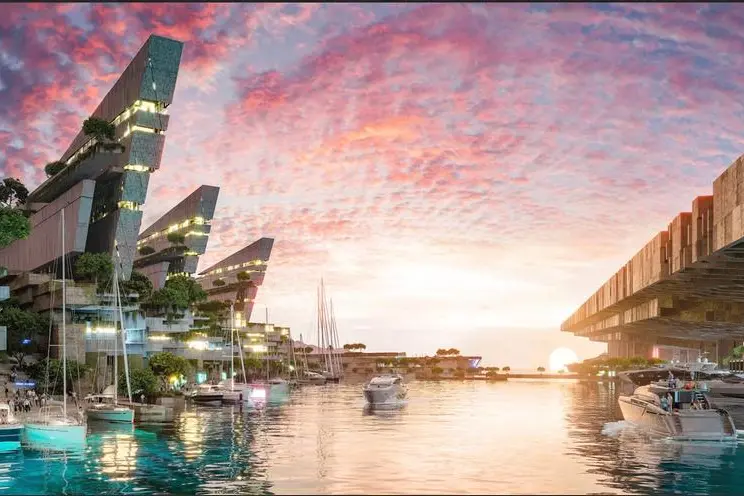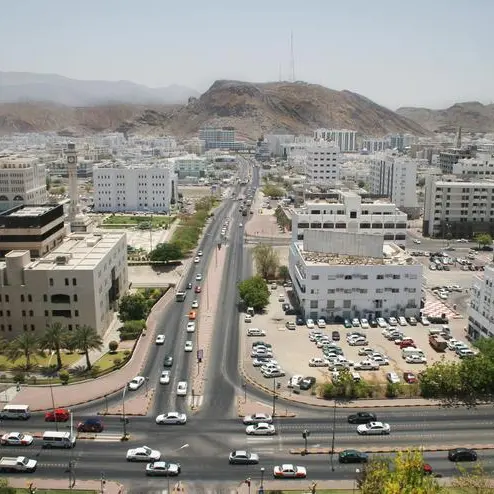PHOTO
RIYADH: Saudi Arabia's NEOM gigaproject, a futuristic region being built in the desert, is a "generational investment" with a long timeline, the country's investment minister told Reuters on Monday, adding that foreign investment will pick up pace.
"NEOM was not meant to be a two-year investable opportunity. If anybody expected NEOM to be foreign investment in two, three or five years, then they have gotten (it) wrong - it's a generational investment," Minister Khalid al-Falih said on the sidelines of the World Investment Conference in Riyadh.
"The flywheel is starting and it will gain speed as we go forward, as some of the foundational assets come to the market," he said.
The world's top oil exporter has poured hundreds of billions of dollars into development projects through the kingdom's $925 billion sovereign fund, the Public Investment Fund (PIF), as it undergoes an economic agenda dubbed Vision 2030 to cut dependence on fossil fuels.
NEOM, a Red Sea urban and industrial development nearly the size of Belgium that is meant to eventually house 9 million people, is central to Vision 2030. Saudi Arabia has scaled back some lofty ambitions to prioritize completing elements essential to hosting global sporting events over the next decade as rising costs weigh, sources told Reuters earlier this month. NEOM announced this month its long-time chief executive, Nadhmi al-Nasr, had stepped down, without giving further details.
Asked what effect the departure would have on investors, the minister said the executive had done "a respectable job" but that "there is a time for everybody to pass on the baton."
Asked if PIF will continue to do much of the spending on NEOM until more foreign funds come in, al-Falih said it was not binary.
"I think foreign investors are starting to come to NEOM, they're starting to channel capital. Some of the projects that the PIF will be doing will be financed through global capital pools, through some alternative and private capital. That's taking place as we speak," he said.
"So I urge you not to look at NEOM as being 100% PIF and then suddenly there will be a cliff and it will go private."
Saudi Arabia, which is racing to attract $100 billion in annual foreign direct investment by the turn of the decade - reaching about a quarter of that in 2023 - has recently seen more co-investment deals between state entities and foreign investors.
"It's always been the intent," al-Falih said of foreign inflows alongside state funds.
He noted that foreign investors were at times "still looking, still examining, still sometimes questioning," but that now there was confidence in the profitability of investment opportunities and that "the risk-return trade-offs are very, very fair and positive to them." (Reporting by Yousef Saba in Riyadh; Writing by Federico Maccioni; Editing by Matthew Lewis)





















